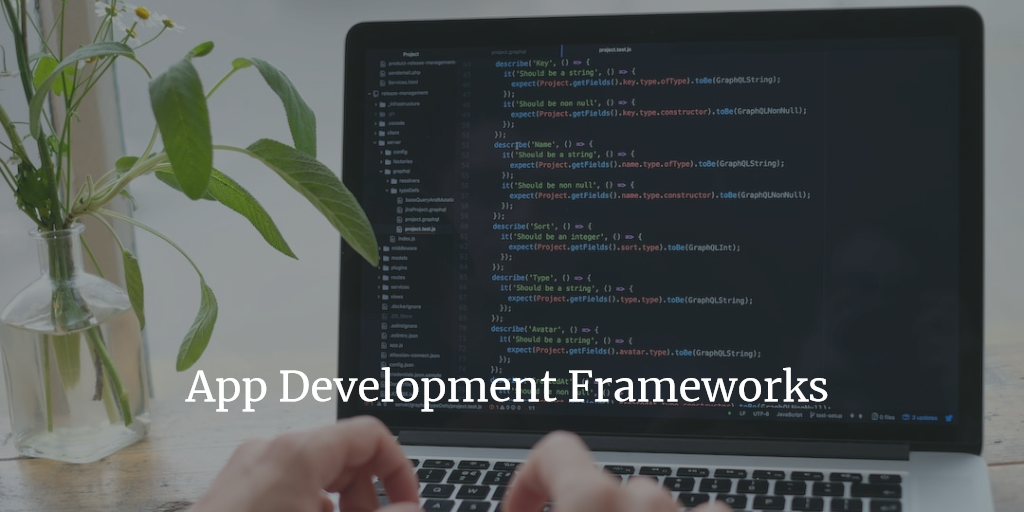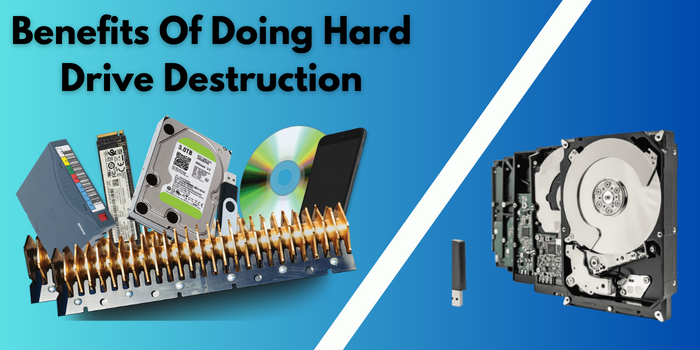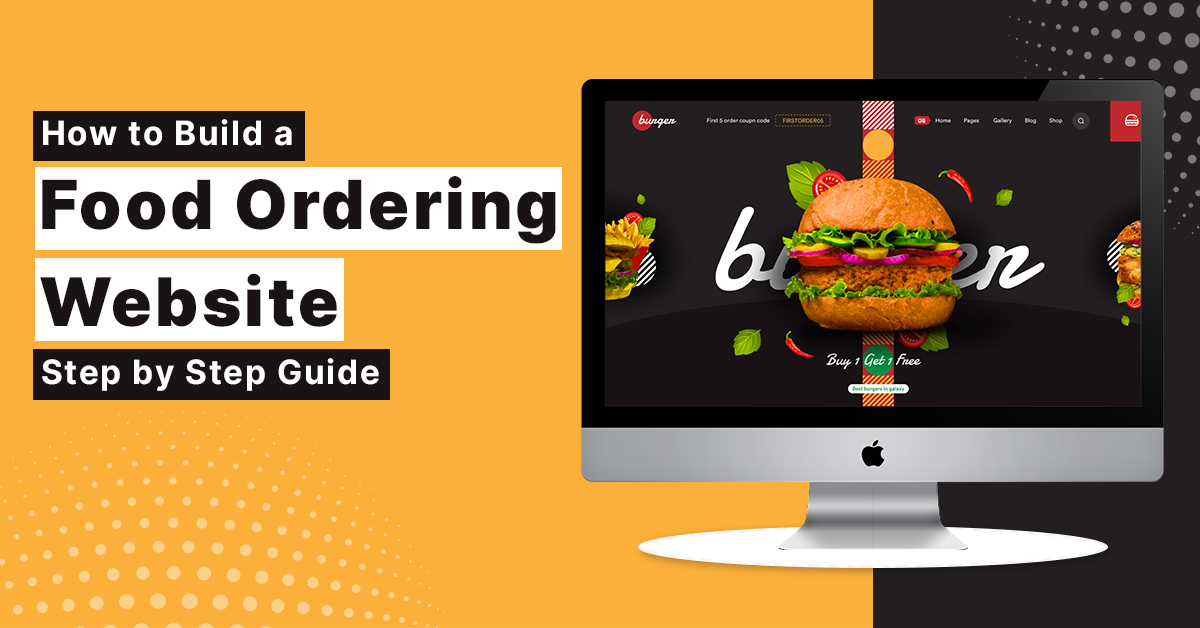
Some of the Top Mobile App Development Frameworks in 2023
Introduction
Mobile app development is the process of creating software applications that run on a mobile device. A mobile app usually utilizes a network connection to work with remote computing resources. In today’s modern smartphone market, there are two dominant platforms, namely, the iOS of Apple and Android from Google.
Moreover, there are so many app development frameworks that an app building company utilizes to meet different requirements. Mobile app development frameworks support as well as accelerate the development process. The following are some of the top mobile app development frameworks this year.
Best Mobile Application Development Frameworks Today
It is an open-source framework used to craft Android and iOS devices using one codebase. The framework stands out since it makes use of a unique approach to deliver apps with a native-like feel and look, making it a revolutionary software development kit for developing cross-platform applications. Furthermore, according to Saigon Technology, a top software development company in Vietnam, the framework is extremely reliable in terms of building stunning apps fast since it hastens the process of development.
A complete framework, Flutter includes a rendering engine, widgets, tools, integrating APIs, and testing tools to help build and deploy pleasing and aesthetic mobile applications. Some of the apps built with Flutter include Alibaba, Google, and Abbey Road Studios.
Owned by Microsoft, Xamarin is an open-source framework for developing high-performance and native apps for iOS, Android, tvOS, watchOS, and macOS, which leverage the programming languages C# and .NET. It empowers businesses to provide unique as well as native performance to end-users.
As an open-source and cross-platform app-building platform, it offers a development ecosystem with API, components, backend, and so on. Furthermore, being a .NET developer platform, it’s supported by different tools, which include libraries and programming languages.
React Native is developed and maintained by Facebook. It quickly became the top choice among developers, being a cross-platform as well as open-source framework. Moreover, the framework helps develop iOS and Android mobile apps in a seamless manner. Some fine examples of React Native apps include top brands like Skype, Amazon Prime, Airbnb, and Tesla.
It’s considered the best JavaScript library when it comes to building native apps for all platforms and devices. React Native lets you build rich apps for iOS as well as Android. Moreover, it allows creating platform-specific versions of various components, allowing the easy use of one codebase across platforms.
Native Script is the preferred open-source framework when it comes to reducing the code and time of app loads. It is adept in creating mobile applications that are CSS, Vue.js, Typescript, and Angular enabled. A lot of leading brands prefer the framework because it has several wonderful features.
These features include business support, appropriate backend support, a cross-platform app, complete access to Android and iOS APIs, and a native user interface minus the web views. It’s the go-to tool for building JavaScript cross-platform mobile applications in a framework-agnostic team. Creating stunning mobile apps is easy with Native Script.
An open-source framework, Ionic is built with Angular and Apache Cordova, enabling developers to create apps for both iOS and Android for flawless mobile performance. This mobile app development framework helps developers craft feature-rich and robust native apps. Its most significant advantage is that it enables developers to use various UI elements, including forms, filters, navigation menus, views, and action sheets in the app design.
Being a complete framework, Ionic enables developers to build Progressive Web App as well as cross-platform, and hybrid mobile applications. The framework offers premium services to build applications. Using the framework, you could build apps and ship them to deployable locations in a continuous manner. Ionic Studio is a powerful lightning version of this framework.
The mobile app development framework is hybrid and helps create platform-independent applications. It makes use of HTML and the JavaScript library to create responsive web apps on different devices, such as tablets, smartphones, and desktops. Furthermore, the jQuery framework leverages HTML5-based framework as well as ThemeRoller to offer themes for web and mobile apps that are highly customizable.
There are two variants of jQuery Mobile, the stable version and the customized framework. The app development framework takes the ‘write less, do more’ to the next level. Rather than writing unique apps for each operating system of a mobile device, it lets you design one highly-branded and responsive app or website that works on all popular smartphone, desktop platforms, and tablets.
Known previously as PhoneGap, Apache Cordova is a leading mobile application development framework that’s developer-friendly. Furthermore, being a cross-platform development framework, it leverages HTML5, CSS3, and JavaScript to create mobile apps. The Cordova plugins allow developers access to device hardware capabilities.
These include GP, accelerometer, and camera to deliver an app experience that’s native-like. The notable features of Apache Cordova include a faster process of development with a single codebase as well as third-party app management tools.
An open-source framework, Framework7 is easy to learn and use. It enables developers to create apps for iOS, Android, and desktop with a native-like feel and look. It makes use of popular web technologies, including JavaScript, CSS3, and HTML5. Moreover, it provides additional React, Vue.js, and Svelte support.
Another great feature of the framework is the stunning UI elements, which include features such as list view, action sheet, layout grid, side panels, and so on. It makes the process of development convenient, fast, and easy. Framework7 is an indispensable prototyping tool for showing a working app prototype fast.
Conclusion
From a single platform app to cross-platform app, mobile app development evolves on a daily basis. With the continuous change and update, development trends also witnessed a major paradigm shift. The mobile app development frameworks are among the many that could be used at present and there would be more to come in the years to come.



